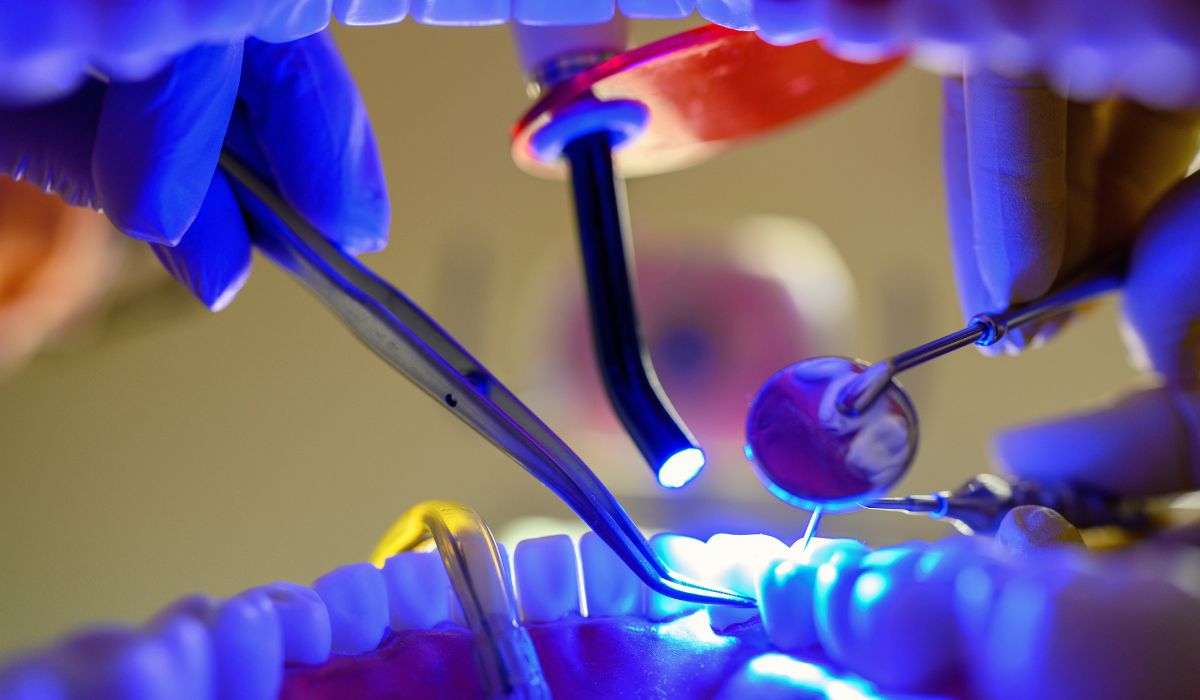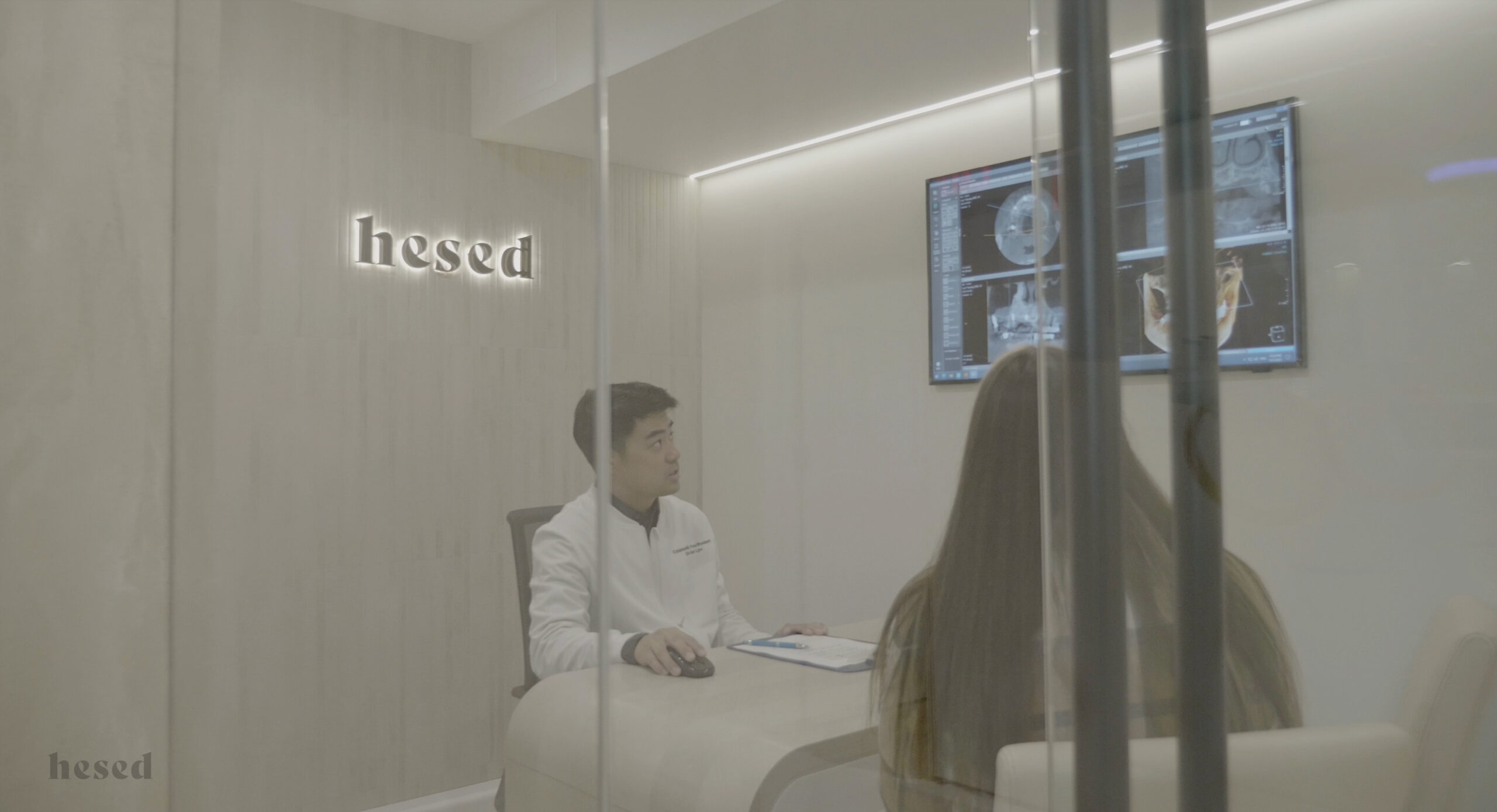After you get a filling, you expect relief, not more discomfort. However, pain after dental filling is a common occurrence. Whether it is a sharp prickle when you bite or a constant dull ache, it is exhausting if you are unprepared for it. If you wonder what causes tooth pain after cavity filling, you have come to the right place. In this article, we will discuss all the probable causes of pain after dental filling and what you should do about it.

Minor discomfort after getting your tooth filled is normal. However, caution should be exercised when you experience severe pain, even after days or weeks of treatment. The following are the probable causes of this pain.
When your dentist fills your tooth, they shape it to match the anatomy of your natural tooth. In doing so, they sometimes make errors and build a cusp a little higher than the original one. It prevents your teeth from occluding normally and results in a changed bite.
Hence, you experience pain every time you bite down on something. If not treated promptly, these bite changes can result in a Temporomandibular Joint (TMJ) problem.
Pulpitis is the inflammation of the pulp. After dental filling, pulpitis can occur due to the following reasons:
Pulpitis has two types: reversible and irreversible. Pain after dental filling is usually caused by reversible pulpitis, which can be fixed. However, if ignored for a long time, it can result in irreversible pulpitis.
After a dental filling, you might feel slight discomfort while eating something hot, cold, or sweet. It is called dentine hypersensitivity or just sensitivity. Sensitivity means that the procedure has disturbed the nerves in your tooth. It can also occur if the filling material fails to cover all of your dentine and a part of it remains exposed. However, it goes away in a week or two.
In some cases, after a dental filling, you continue having similar pain once the anesthesia wears off. This could be because the decay had already reached the root of the tooth before the procedure. In such situations, a root canal treatment might have been necessary instead of a dental filling.
Galvanic shock is a rare complication following dental fillings. When two types of metals are present in the mouth, the saliva becomes an electrolyte, generating an electric current and causing discomfort.
If you experience trauma, such as a fall or an accident after getting a dental filling done, it could lead to a fracture in the filling, resulting in severe pain.
Another rare cause of dental pain after a filling is allergic reactions. Some people are allergic to the filling material, the anesthetic solution, or even the latex in your dentist’s gloves. If you have an allergic reaction post-procedure, it would start as a rash or runny nose. If not managed, it can lead to respiratory failure.
Sometimes, after a filling, you feel pain in the teeth around the one that is filled. This is called referred pain. Referred pain is the condition in which pain is felt at a site other than its origin. However, it goes away on its own in a few days.
Let’s discuss the common types of pain and their indications to get a better idea of what could cause tooth pain after a cavity filling.
If you have sharp jolts of pain after dental filling, it can be due to the following reasons:
On the other hand, if you experience a dull but persistent pain, it can be due to,
The best way to deal with tooth pain after filling is to schedule an appointment with your dentist as soon as possible. They will perform diagnostic procedures to detect the causative agent of the pain and formulate a treatment plan accordingly. However, there are certain steps that you should take to manage the pain yourself, such as,
Normal pain that occurs during the healing period after a filling lasts about 4 to 7 days. If it is due to tooth sensitivity, it should go away in two to four weeks. However, pain with a major underlying cause, such as a cracked tooth or irreversible pulpitis, may require additional dental procedures and a longer recovery time.

To conclude the discussion, pain after dental filling is a common event. However, knowing its causes helps prevent or manage it effectively. If you experience any pain or discomfort weeks after dental filling, do not hesitate to contact us. Our experienced dentist in NJ will evaluate your condition and act accordingly.
At Hesed Dental, we provide expert installation services and design and create custom veneers for your specific needs in our in-house labs. Our dental experts in NJ are always ready to give you the best possible care. So, schedule an appointment now for a pain-free ride.
Do you have a toothache or think you may need a root canal? Call or find us online for a convenient appointment at Hesed Dental Clinic. Our skilled, professional staff is ready to gently and efficiently treat your dental issues. We are located at 543 Gorge Road, Cliffside Park, NJ 07010. We look forward to helping you restore optimal dental health and a natural, beautiful, pain-free smile.

Hesed Dental 543 Gorge Road Cliffside Park, NJ 07010
201 941 8877